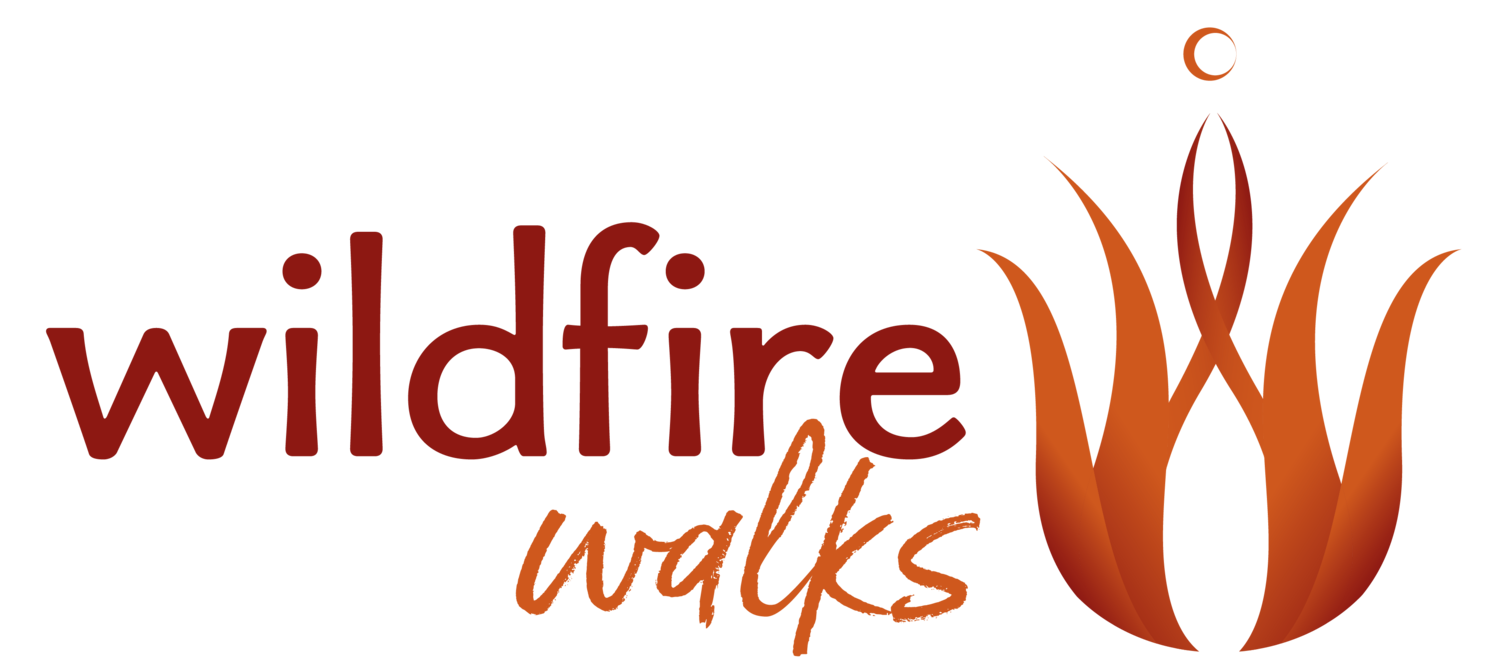Tales from the Kalahari
I have just returned back from my second trip to the depths of the Kalahari Desert, spending time with a group of the Nyae Nyae Ju/’Hoansi, a community of San bushmen living in the far north east of Namibia.
Several people have asked me how my trip was. It has been so hard to find a way to convey the experience in a meaningful way that for the most part I’ve avoided sharing up til now.
How to describe an experience that was at once both exquisitely, breathtakingly beautiful, and gnawingly painful. How it was to be in a place that felt, deep within my bones, like home, and so comfortable, and yet, at the same time like I was a blundering, idealistic intruder. Where privilege met poverty, where relative financial “wealth” met the richest wealth that money can’t buy. An experience that was incredible, stunning, uplifting, challenging, fun, thought-provoking, intense, heartwarming, heartbreaking, exhausting, exhilarating, mind blowing, heart opening.
When an ancient culture can seem so totally different, and yet, somehow, so familiar. The language comforting, confusing, raucous, subtle. Shared amusement and connection in games that end in hysterical laughter, without a spoken word in common - other than “Gadja, Gadja!” (“Great”/“alright”/“yes”/“nice”/“sure!” amongst many other meanings).
Skies that stretch forever. Dry, burned, stubble in sands from which burst tender green shoots mere days after rain, and lightning that streaks the purple sky with hot, burning silver.
Golden afternoon sunlight glinting in rain-filled elephant prints. The scuff of a trunk. The visual record of a heart-in-mouth slip in the mud of a gangly, vulnerable, spindly-legged giraffe. A spotted hyena sauntering across the pan at sunrise. Hundreds of swifts feasting on abundant insect life at sunset. Cicadas singing so loudly it drowns out human conversation and all that can be done is to fall silent and listen in awe.
Gentle chattering as families gather safely and companionably around fires as night falls, each of the four fires in the village of grass huts and tents flickering softly, the full moon bathing the timeless scene in gentle silvery light.
Solar panels charging batteries on top of grass huts. A bushman carrying his bow and arrow and his hand carved digging stick - technologies passed down through generations, unchanged through tens of thousands of years - whilst scanning the ground for fresh kudu prints, and chatting on a mobile phone.
Exquisite ostrich egg shell beads being shaped, drilled and filed by hand, over and over and over again, to be threaded into unbelievably complex and beautiful bracelets, necklaces and other traditional wear. To be sold to wealthy passers by. Three heaped tablespoons of sugar in a cup of tea.
Two huge vultures circling overhead. Elephants in the bush up ahead. Shhh, we need to move around downwind, quickly and quietly. A muddled thud and the harrowing cry of a beautiful duiker antelope as a poison arrow hits home. Tears. Meat. It is a lucky day.
A trip to other villages in the conservancy, visiting some projects supported by our programmes. Wary, suspicious, curious eyes of villagers who rarely get visitors, let alone white people. Feeling the weight of my whiteness…richness…cleanness…well-fed-ness, well-meaning-ness. My limited knowledge of Namibia’s colonial history feels inadequate, disrespectful, bile-inducing and I want the ground to swallow me up.
The laughter of children, elders, women. Bickering and teasing. Plastic Tupperware as a bowl and a battered kettle on the smouldering fire. Di//xao, one of the elders, singing merrily to herself as she goes about her business, purely because she loves to sing. Yet with sadness, as few of her fellow villagers remember the old songs now. The white pastor came and told them about God, and church.
The hunters and trackers trying not to smile when we guess that a track in the sand might be an eland, but it’s actually a spring hare, or surely it’s a buffalo, but no, it’s an ostrich. Perhaps a glimmer of pride when we correctly identify African wild cat poo or an aardvark trail, and distinguish steenbok from duiker with perhaps 80% accuracy, after a week of experiential learning under their gentle guidance and millennias’-worth of experience.
Baking heat crossing the treeless, shadeless, waterless pan under merciless sun. The bewilderment - and relief - of an early rainy season downpour with no sign of let up, shivering in warm jumpers and waterproofs. Followed within hours by more merciless heat and any hint of wetness utterly forgotten.
The snort of a startled kudu and breaths held as it crashes through the bushes nearby. The quiet, stoic grimace of hunters who were so close, yet so far. The whooping cackle of hyenas in the night. Praying a leopard isn’t hanging out by the loo today…but also kind of hoping for a glimpse of this legendary local.
Vast expanses of flat, dry, scrubby savannah. Neatly cordoned off with ruler-straight, hundred-mile long “veterinary” fences. Toothless grins. Strong hands. Wise eyes. Tarmac roads where once great herds of wildebeest and elephant migrated.
A twisted system where trophy hunting keeps national parks, conservancies and game reserves alive, whilst our western hunger for perfect, unblemished, out-of-season fruit destroys them.
Tiny, scarlet-red, velvet-clad beetles. Towering termite mounds. Brittle, dry grass and clinging, thorny bushes.
Dust everywhere. Dirty feet. Tears. Laughter. Gratitude.
Humbled.
………
Landing back is not easy, or comfortable. “Home” feels both familiar and bittersweetly alien. Forgive me if, when you ask, I hold this precious experience close and say very little. Because how to describe it all? There’s only one word that comes close….
Indescribable.
